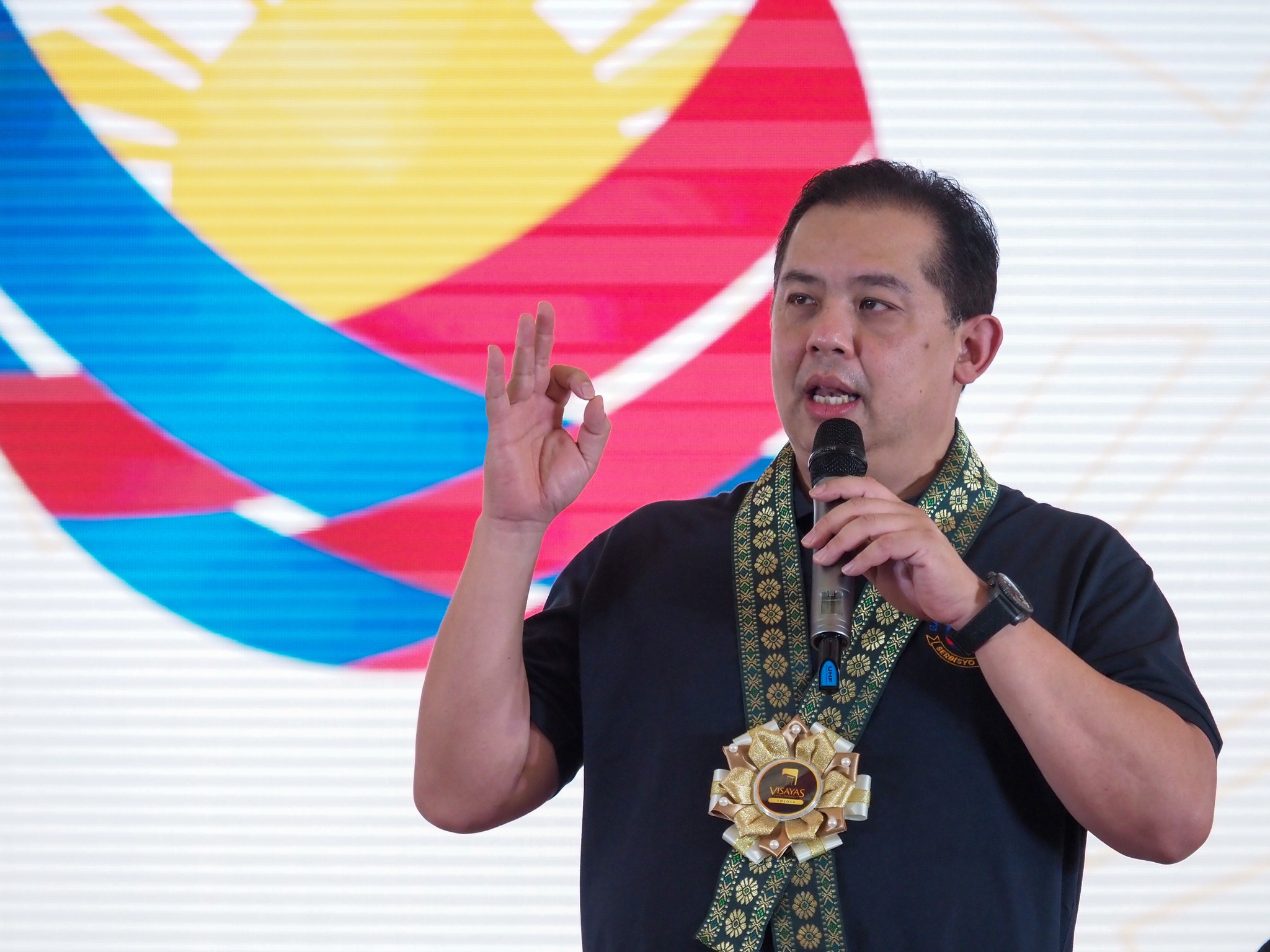MANILA, Philippines–The enactment of three landmark laws addressing educational equity, passport services, and the salt industry underscores President Ferdinand “Bongbong” R. Marcos Jr.’s commitment to driving positive change across sectors, Speaker Ferdinand Martin G. Romualdez said.
These laws are Republic Act (RA) 11983 or the New Philippine Passport Act; RA 11984, otherwise known as the No Permit, No Exam Prohibition Act; and RA 11985 or the Philippine Salt Industry Act.
Romualdez hailed the enactment of RA 11984, which prohibits the “no permit, no exam” policy in all educational institutions, as “a crucial milestone in our journey towards educational equity.”
“By abolishing the ‘no permit, no exam’ rule, we are breaking down barriers and ensuring that every student, regardless of their financial background, has equal access to education,” he said.
Romualdez cited the significance of providing equal opportunities for all students to pursue their academic aspirations.
“Education is a fundamental right, and it is our duty to create an environment where every student can thrive,” he said.
Under the provisions of the law, all public and private basic (K to 12) institutions, higher educational institutions, and technical-vocational institutions offering long-term courses exceeding one year are covered.
The Department of Social Welfare and Development is tasked with defining “disadvantaged students” and issuing certificates to those who have experienced calamities, emergencies, force majeure, or other valid reasons.
While the law mandates schools to allow disadvantaged students to take their examinations without permits, educational institutions retain the authority to require the submission of promissory notes and utilize legal and administrative remedies for fee collection. However, they are also obligated to release relevant records and credentials per their policies and regulations.
Romualdez urged schools to adhere to the provisions of RA 11984 and provide necessary accommodations to disadvantaged students.
“Educational institutions play a vital role in ensuring the smooth transition towards a more inclusive educational environment,” he said.
Meanwhile, Romualdez said the New Philippine Passport Act signifies a major overhaul of the passport application process in the country, aimed at streamlining procedures and ensuring accessibility for all citizens.
RA 11983 repeals RA 8239, also known as the Philippine Passport Act of 1996, and introduces several key reforms to the passport application system.
One of the primary objectives of the law is to develop a new generation of Philippine passports that meet international standards, ensuring greater security and functionality for Filipino travelers.
The new passport law ensures that the application process for regular passports is easily accessible, particularly for specific groups such as senior citizens, persons with disabilities, and overseas Filipino workers.
“By making the application process more accessible and user-friendly, we are empowering every Filipino to obtain travel documents efficiently and with minimal hassle,” Romualdez said.
The House chief commended Marcos for his exemplary leadership in enacting the New Philippine Passport Act, highlighting its significance in advancing the administration’s commitment to fostering positive transformation.
“This legislation underscores our unwavering dedication to propelling positive change and equipping the Filipino people with the essential tools to flourish in an ever-evolving and interconnected global landscape,” he said.
Romualdez also lauded the Chief Executive for signing into law RA 11985, or the Philippine Salt Industry Development Act, which aims to revitalize and modernize the salt sector, positioning it for sustainable growth and international competitiveness.
“This legislation represents a crucial step forward in advancing the development and modernization of the salt industry in the Philippines,” the Speaker said. “This legislation underscores our commitment to supporting local industries and fostering sustainable production practices.”
RA 11985 introduces the Salt Roadmap, aiming to enhance the salt industry’s development, management, and modernization for sustainable production, potentially leading to salt exportation.
The law establishes a Salt Council to oversee implementation and exempts salt from certain taxes, designating priority areas for production. It exempts specific salt types from mandatory iodization, facilitating growth in creative industries.
“The ultimate goal is to facilitate sustainable production that could potentially lead to salt exportation, contributing to the country’s economic growth,” Romualdez said.
